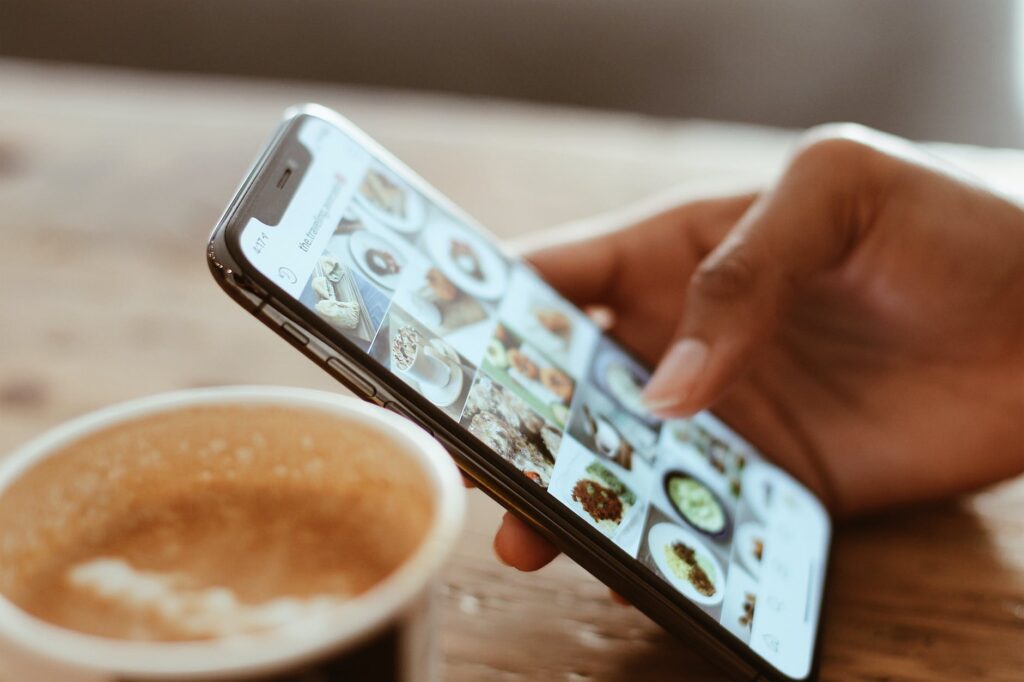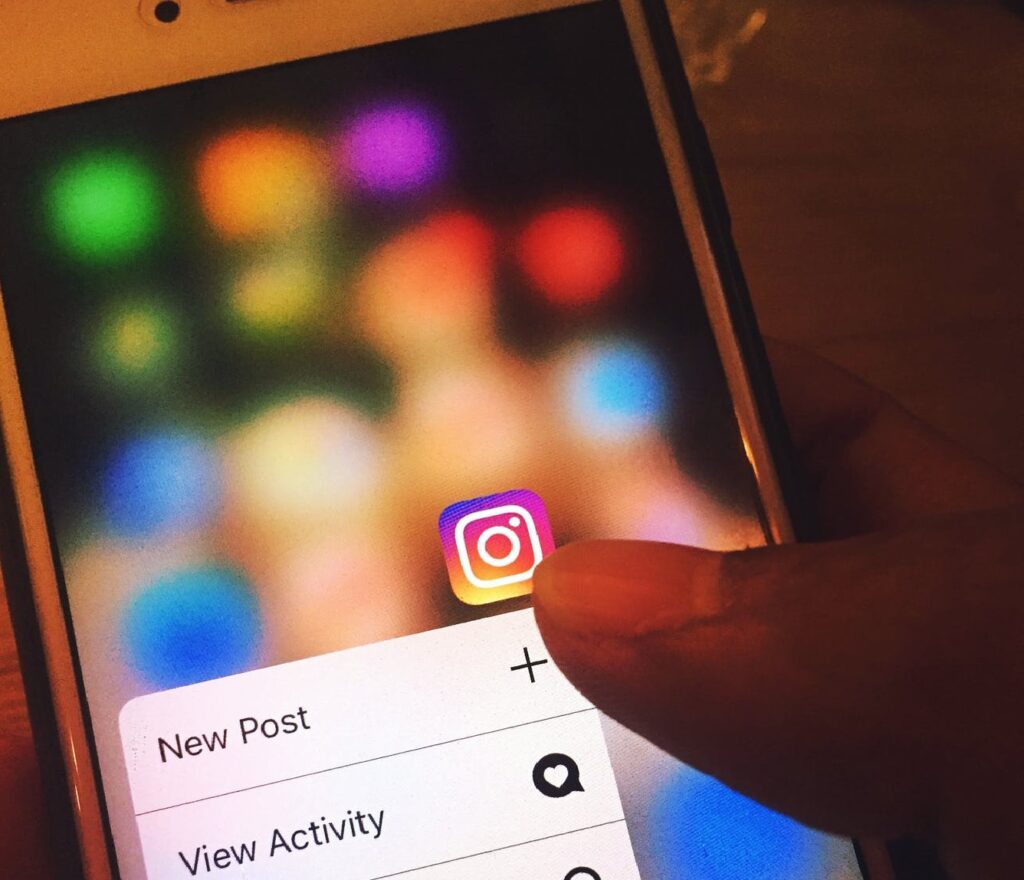
How to Use Social Media More Responsibly
Most of us use social media on a daily basis, and many of us use it almost constantly throughout the day. It’s a fantastic tool for staying in touch with old friends, collaborating with people over vast distances, and even learning new information (if you trust the right sources). But because of its ubiquity and benefits, it’s easy to underestimate the toll that social media can take on our mental health.
If you want to minimize the negative effects of social media and still enjoy its positive aspects, it’s important to learn how to use these platforms responsibly.
What Is Responsible Social Media Use?
Let’s start by defining “responsible” social media use. What does that really mean? Ultimately, deliberate and controlled use of social media has three goals:
- Improve your mental health. According to Diamond Injury Law, social media use can lead to devastating mental health effects. For example, excessive social mpexels.comedia use can lead to feelings of isolation or inadequacy – and can make it more difficult to form and maintain human relationships in real life. It can also lead to higher levels of self-absorption, depression, and anxiety. And in some cases, social media use becomes so problematic that it can be qualified as an addiction.
- Avoid misinformation and manipulation. Social media is also rife with misinformation and propaganda campaigns meant to manipulate the people encountering the content. The “fake news” epidemic got a lot of attention in the wake of the 2016 Presidential election, but it’s a persistent and insidious problem that still hasn’t been eliminated – or even controlled. Almost everyone posting stories and comments on the internet has an agenda – and the information they provide is going to be somewhere between “slightly biased” and “an outright lie.” If you want to stay informed and avoid polarization, you need to keep this in mind.
- Maintain privacy and avoid consequences of posting. Millions of people have lost a job or missed out on important opportunities because of something they posted online, sometimes years in the past. It’s important to maintain your privacy and avoid the steepest consequences of posting on social media.
Strategies for Using Social Media Responsibly
Fortunately, these strategies can help you use social media responsibly:
1. Set time limits for each app

First, consider setting a strict time limit for each social media app you use. You can do this in the Settings menu of most smartphones, or with an appropriate browser extension. Because of design choices like infinite scrolling, most social media apps are customized to trick you into spending an obscene amount of time using them. It’s up to you to gain awareness of this and limit the amount of time you spend scrolling and commenting. For most people, an upper limit of 1-2 hours per day is more than enough time to get value out of a social media app.
2. Pay attention to how much time you’re spending

Additionally, it’s important to see how much time you’re really spending. Let’s say you set the upper limit at 2 hours each day, and you max out that limit every day of the week; that’s 14 hours spent on social media. Was it worth it? Was there a better way you could have spent that time? You might be surprised to learn how much time you’re really spending here.
3. Review your privacy settings regularly

Social media apps rarely do a good job of explaining their privacy policies and the settings available to individual users. However, in many cases, you can restrict the visibility of your posts, choose which information to share, and modify several other settings. It’s important to periodically review your privacy settings and update them as necessary.
4. Cultivate a feed from a diverse array of sources

If you want to stay well-informed and minimize the influence of fake news, propaganda, and misinformation, it’s important to cultivate a news feed from a diverse array of sources. Don’t choose only publishers who agree with your points of view; instead, read news from a variety of different publishers, as long as they have some kind of journalistic integrity.
5. Fact check information you find

Even trusted sources can get things wrong. Whenever you encounter a news story that triggers an emotional response in you, or one that might influence your daily life in some important way, it’s important to take the time to fact-check it. Try to figure out the original source for this story – and see if other publishers are saying the same things, or if there’s some disagreement on the core facts of the situation. Oftentimes, you’ll find the story is more complicated than you initially realized, or that there’s a missing piece of the puzzle that no one wants to acknowledge.
6. Recognize your emotional responses and know when to disengage

The most successful posts on social media tend to be the ones that trigger strong emotions like outrage or disgust, since they also tend to attract the most reactions, shares, and comments. Be aware of this and monitor your own emotional responses; if you start feeling stressed, uncomfortable, or anxious, it might be time to get off social media for the day. Social media rarely reflects reality.
7. Work to maintain relationships outside of social media

Social media friends can be great – and it’s a perfect platform for maintaining relationships over distance. But it’s also important to spend time building and nurturing your relationships outside of social media.
8. Be wary of what you post

Finally, be wary of what you post online. Assume that anything and everything you post, including comments on news stories or other friends’ posts, can and will be used against you in the future. Don’t post any material you wouldn’t want a potential employer or law enforcement officer to see.
Social media is neither strictly good or strictly bad for you. It’s a tool that can be used in a variety of different ways; it’s up to you to decide how you want to use it and stick to your intended habits.